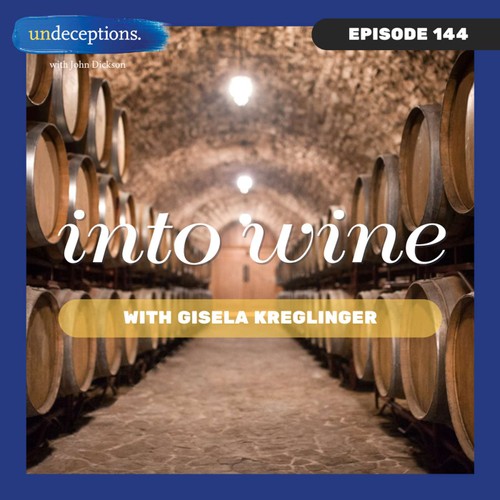
 Undeceptions with John Dickson
Undeceptions with John Dickson 144. Into Wine
Dec 29, 2024
Gisela Kreglinger, a former vintner and theologian with a PhD from St. Andrews University, dives into the rich cultural and spiritual significance of wine in Christianity. She explores its positive biblical references, debunks misconceptions about alcohol, and discusses drinking cultures in America versus Europe. The conversation touches on the role of wine in early Christianity, the impact of monastic traditions on winemaking, and the bittersweet journey of alcohol addiction. Gisela emphasizes community, mindful consumption, and the divine connection wine fosters.
Chapters
Books
Transcript
Episode notes
1 2 3 4 5 6 7 8 9 10
Intro
00:00 • 3min
The Biblical Significance of Wine
02:58 • 3min
Wine's Cultural Journey: From Vineyard to Table
06:04 • 16min
The Biblical Significance of Wine and Modern Wedding Trends
21:50 • 4min
The Significance of Wine in Jesus' Ministry
26:15 • 6min
The Sacred Symbolism of Wine in Christianity
32:29 • 4min
The Divine Gift: Wine in Early Christianity
36:54 • 8min
Monastic Roots of Winemaking and Spirituality
45:22 • 4min
Wine, Community, and Recovery
49:43 • 16min
The Personal Encounter of Wine and Beauty
01:05:36 • 5min



